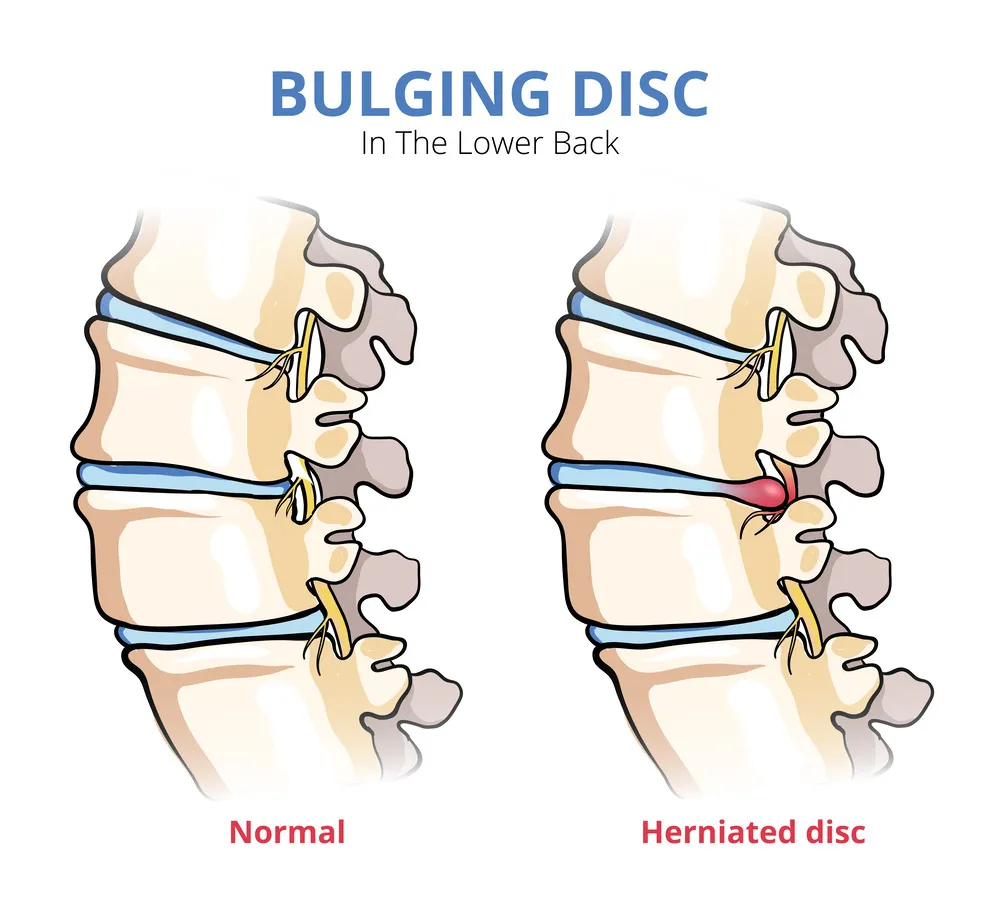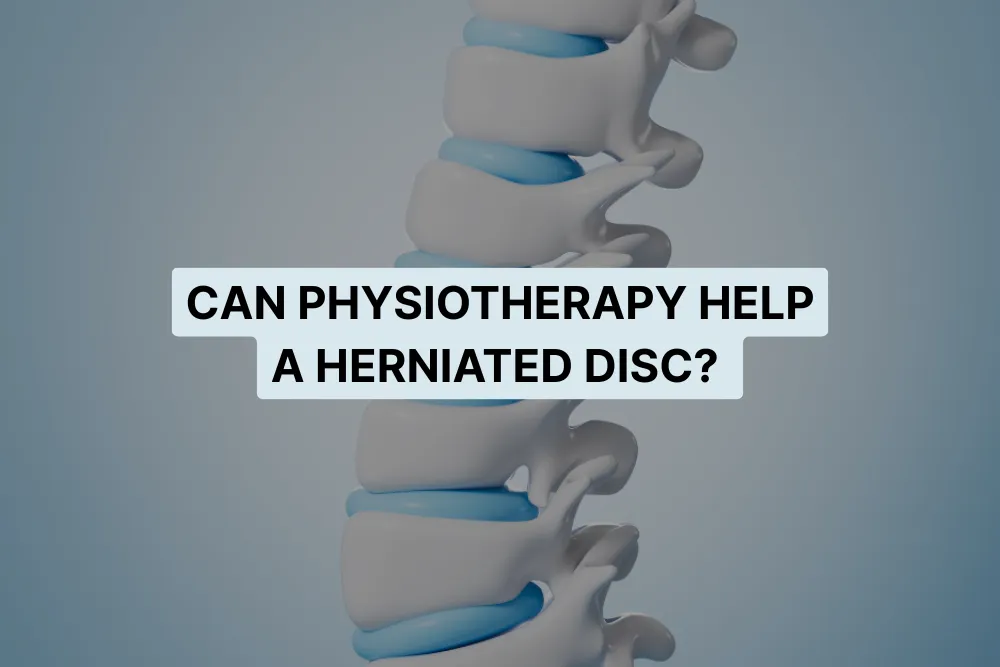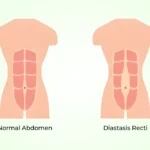If you’ve been told you have a herniated disc, your first thought may be surgery. But here’s the truth: most people with a herniated disc don’t need an operation. Physiotherapy is generally recommended as a first step, and surgery may be considered if conservative measures fail. So how does it work, and what does science …
If you’ve been told you have a herniated disc, your first thought may be surgery. But here’s the truth: most people with a herniated disc don’t need an operation. Physiotherapy is generally recommended as a first step, and surgery may be considered if conservative measures fail.
So how does it work, and what does science say? Let’s break it down.
What Is a Herniated Disc?
Between each bone in your spine sits a cushion called a disc. When part of that disc bulges or tears, it can press on nearby nerves. This is what’s called a herniated disc (sometimes called a “slipped disc”).

Common symptoms include:
- Back pain
- Shooting pain down the leg (sciatica)
- Numbness or tingling
- Muscle weakness
How Physiotherapy Helps a Herniated Disc
Physiotherapy aims to reduce pain, restore mobility, and prevent the problem from coming back. Here’s what it typically includes:
- Pain relief → Techniques like heat therapy, TENS, or gentle mobilization to calm irritation.
- Improving movement → Stretches and guided exercises that relieve pressure on nerves and restore flexibility.
- Strengthening support muscles → Core and back muscle training to stabilize the spine and reduce strain.
- Posture & ergonomics → Learning how to sit, stand, lift, and work in ways that protect your back.
- Long-term prevention → Building endurance and safe movement habits so the issue doesn’t return.
The Proof: What Science Says
You don’t just have to take a physiotherapist’s word for it, research backs this up.
Most patients improve without surgery: Studies show that around 60–80% of people with a herniated disc improve within 6–12 weeks of physiotherapy and conservative care, and up to 90% recover within a year. That means if 10 people with herniated discs walk into a clinic, 9 of them can get better without ever going under the knife.
In the long run, people who manage a herniated disc with physiotherapy often do just as well as those who have surgery without facing the risks that come with an operation.
When to See a Doctor Urgently
While physiotherapy helps most people, some symptoms need immediate medical attention:
- Severe or worsening weakness in the legs
- Loss of bladder or bowel control
- Unrelenting pain that doesn’t improve
These can be signs of a more serious condition requiring urgent treatment.
The Bottom Line
Physiotherapy isn’t just about temporary pain relief, it’s about giving your spine the strength and flexibility it needs to heal and stay healthy. Most people don’t need surgery. They need a smart plan, patience, and movement. That’s what physiotherapy gives you.
If you’re struggling with back pain or sciatica, we are a physiotherapy clinic in Dubai ready to help. With the right program, you can regain mobility, reduce pain, and avoid surgery.
References
- Mostert, K. A., Perera, J., Dens Higano, J., Davis, P. T., Buus, R. J., Gerberi, D., Meiling, J., & Prideaux, C. (2024). The efficacy of physical therapy to alleviate symptomatic thoracic radiculopathy: A systematic review and meta-narrative analysis. Annals of Rehabilitation Medicine, 48(2), 105–114.
- Kögl, N., Petr, O., Löscher, W., Liljenqvist, U., & Thomé, C. (2024). Lumbar disc herniation: The significance of symptom duration for the indication for surgery. Deutsches Ärzteblatt International, 121(13), 440–448.






